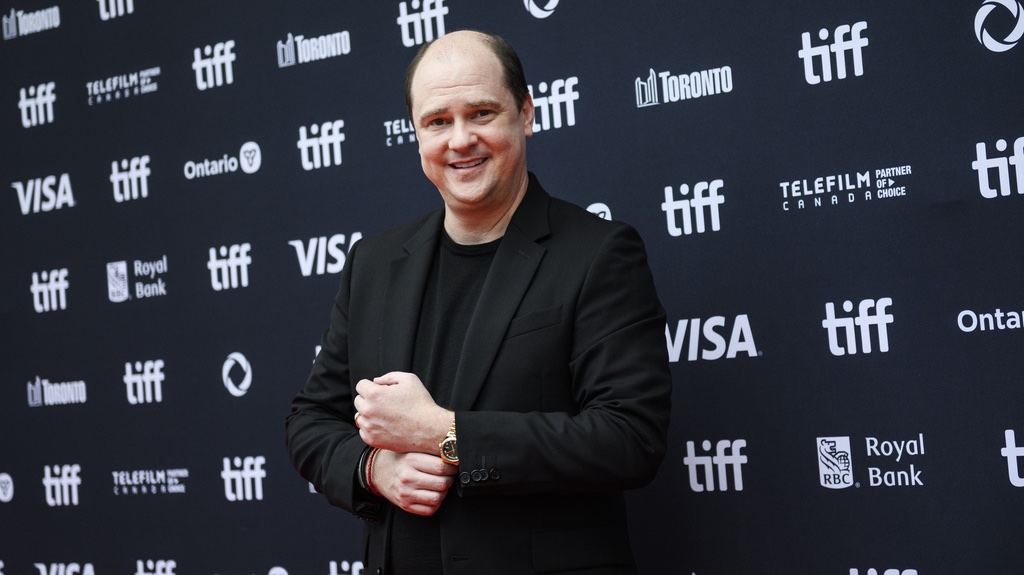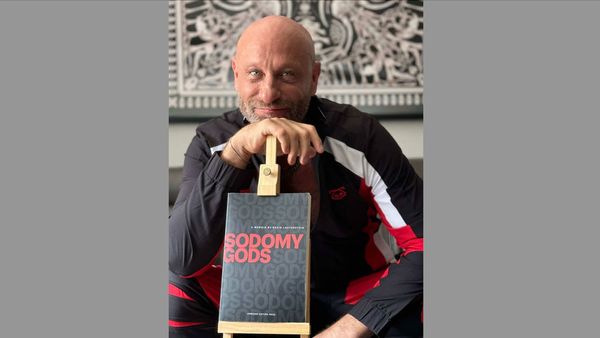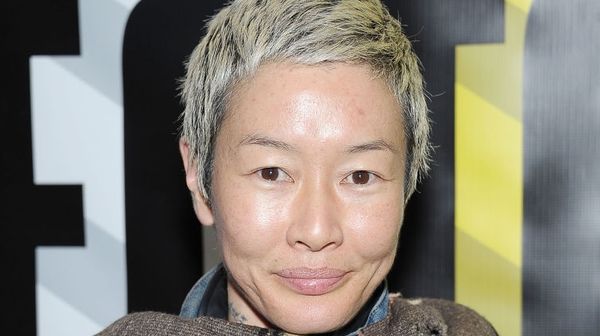
Sep 16
TIFF Dispatch 4: The Final Days, Winners and Controversy
C.J. Prince READ TIME: 6 MIN.
On its 11th and final day, TIFF held its award ceremony in the morning at the Lightbox, the festival's main hub and multiplex that operates year-round. Unlike Berlin, Cannes, or Venice, Toronto's positioning as a public festival means their top prize is decided on by audiences via the People's Choice Award. For years, the winner has usually been a sign of what might be a major player during awards season, with past recipients including "Slumdog Millionaire," "Jojo Rabbit," and last year's "American Fiction." This year threw a curveball when the People's Choice turned out to be Mike Flanagan's "The Life of Chuck," a Stephen King adaptation that still doesn't have a distributor or release date as of this writing.
It's not a surprise that "The Life of Chuck" won. While both Flanagan and King primarily work in horror, the source material is more in line with sentimental works by King like "The Shawshank Redemption" and "The Green Mile." There's a convoluted plot about a dead man named Chuck, in which the film goes in reverse order to tell his story from death to childhood as a way of celebrating life and encouraging people to find joy wherever they can. In other words, it's a bonafide crowd pleaser, so I wasn't surprised when it took the top prize (it probably helped that Stephen King along with stars Tom Hiddleston and Mark Hamill attended the premiere, which prompted more than one standing ovation). I thought its handling of death and grief had as much depth as parents having to explain to a child that their pet died; it's a film designed to go down easy, its positivity meant to be infectious, and it obviously worked like gangbusters.
My final days of the festival were unsurprising. Exhaustion sets in, the mind and body reaches its limits from watching several films day after day (I don't envy anyone who manages five or six screenings in one day), and sleep becomes a better use of one's time than anything else. The films I managed to catch varied from good, to fine, to bad. Halina Reijn's "Babygirl" stars Nicole Kidman (who just nabbed a Best Actress prize at Venice) as a high-powered CEO who strikes up an affair with an attractive young intern (Harris Dickinson) who unlocks her submissive side. It's a fun little riff on the erotic dramas that had their heyday in the '80s and '90s, with Reijn nailing down a tone that goes between light and serious at a moment's notice. Kidman embraces the thorny power dynamics and kinky elements of Reijn's screenplay, while Dickinson matches her energy as the confident yet inexperienced subordinate, who's easily convincing in his ability to seduce and dominate his boss.
One of the other award winners was Bec Pecaut's "Are You Scared to Be Yourself Because You Think That You Might Fail?" which took home Best Canadian Short Film. It stars Lio Mehiel ("Mutt," "In the Summers") as Mad, who we see getting picked up by their mother and partner after receiving top surgery. Pecaut's slice of life short deals with the messiness of Mad's recovery, from the physical recovery process to the emotions around living post-surgery. Many queer stories focus on strength and perseverance, but Pecaut focuses on the vulnerable and less glamorous side of things. Even in the span of its brief runtime, the film creates a space for its characters to falter, be insecure, or lash out, and lets these moments give them nuance rather than define them.
Something that TIFF did not want to deal with happened several days prior when they screened Anastasia Trofimova's "Russians at War," a documentary about Russian soldiers fighting in Ukraine. The film received accusations of being Russian propaganda and humanizing the side of the aggressor in the ongoing war, including criticisms from top members of the Canadian government. The backlash led to demonstrations held outside the festival's screening venues, the film being dropped by its distributor, and all public screenings being postponed after the festival became aware of "significant threats" that could jeopardize public safety.







